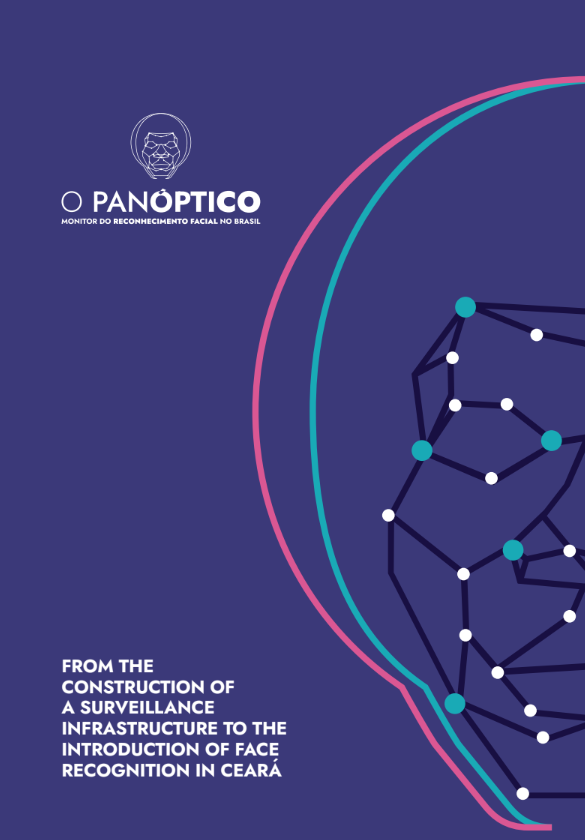In this report, we seek to follow the thread that weaves through the tangle of political, social, and economic relations that have made it possible to expand the surveillance network in the state, from the deployment of cameras on the streets to control traffic to the availability of facial recognition technology in the palm of police officers’ hands – all
through million-dollar contracts and partnerships with universities and other bodies. This process has no transparency or openness to public debate, and this research also faces opacity. To produce it, we analyzed the legislation in force and the contracts available on the Ceará Transparente and Electronic System of Citizen Information Service (e-SIC) portals of Fortaleza City Hall, from which we obtained information through requests based on the Access to Information Law (LAI). Few of these requests, however, were answered satisfactorily.

AUTORES
Helena Martins, Katiele Ferreira, Pablo Nunes, Thallita G. L. Lima.
